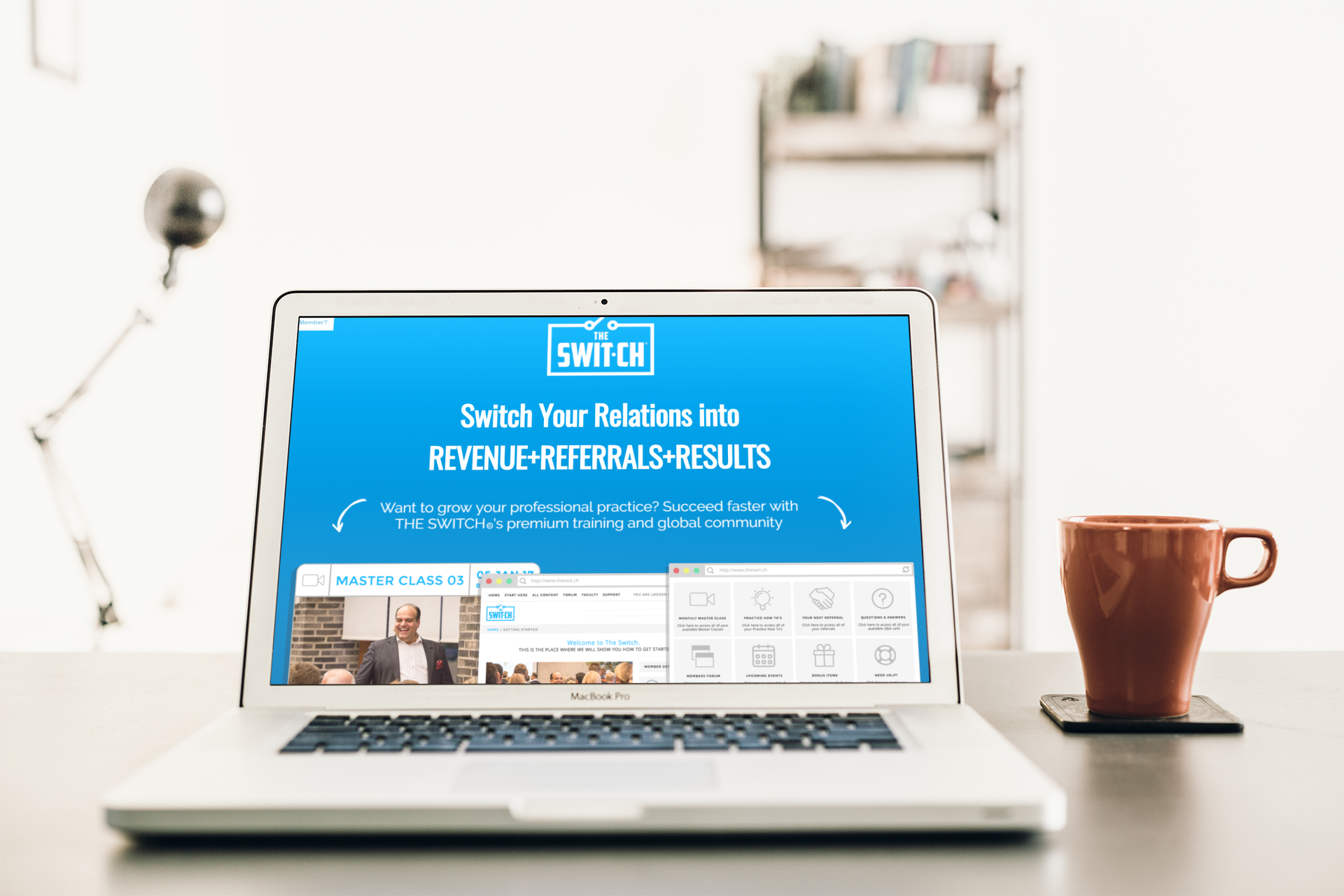Networking is a vital skill needed for all professionals wanting to increase their profile and grow their practice. You will be invited to a myriad of different events and activities – breakfasts, lunches, dinners, keynote speaking events, drinks, cocktails, seminars, and learning & development opportunities. But how do you choose which ones to attend?
This is the importance of the Opportunities list.
Use the following criteria to identify the types of networking events (offline or online) you need to attend to grow your practice or your professional career:
- Reason for attendance. Ask yourself- why do I want to attend this event? Is it for the purpose of learning something about a topic, maybe to meet new people in your industry, or to catch up with connections in your network? Don’t attend an event just for the sake of attending or because a few friends are also attending.
- Agenda, topics, and speakers. You better check in advance if the event’s topic of interest and do the agenda and the speakers match up to the promise of the topic. Note that sometimes the topic might not be of interest, but a great speaker can draw a quality crowd for networking purposes.
- Host/Organizer. You also want to research in advance who is the person or organization that is hosting the event. If they have a solid reputation and have successfully hosted a similar or the same event in the past, then chances are the event will be worthwhile.
- Public or private. A public open event is not a bad thing as you have the opportunity to meet new people outside of your network. The advantage of a private event or an invitation-only event is that it tends to be more exclusive, with an attendee list that is curated by the event organizers to be more relevant and targeted.
- Number of participants, A large number of participants increases the diversity of people and the opportunities to meet interesting and relevant people at the event. But at the same time, large events might confuse, be chaotic, and noisy and it might be hard to maintain focus. A small attendance is more targeted and its members are generally more like-minded and share similar purposes. But poor attendance might mean not such a good event.
- Paid admittance or free. If you need to get a paid ticket to an event, you know that people value the event and that attendance will be strong. With a free event, you can never be sure how many people will attend and if they will be the right ones for your purpose.
Using these basic criteria may not only save you time but also get you more focused on the relevant opportunities to help you grow your practice or your career.
It is definitely worth investing time to find, choose, and prioritize the different opportunities to connect with other people, so you can get connected to the right people faster!
What are your criteria for which networking events to attend and which to avoid?
If you’re ready to start building your Opportunities List and decide where and with whom you should spend your valuable time, check out this Practice How To in our SWITCH membership NOW!


